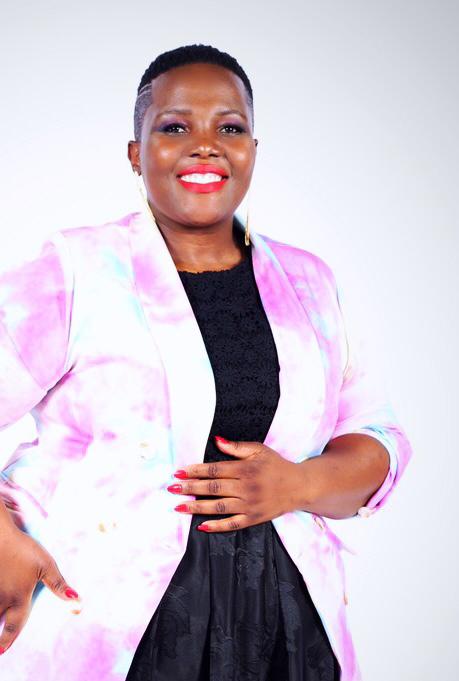
Human rights activist, Thokozile Eulanda Nhlumayo from South Africa is the Executive Secretary of the International Youth Parliament (IYP), which represents the voice of young leaders in over 35 countries in Africa.. Thokozile is also the Deputy Country Director for African Youth Union Commission in South Africa. Her vision is to see young people positively contribute to the wellbeing of the continent and becoming the driving force in developing Africa at a global level. Her passion for politics and social justice propelled her to join student politics when she was still studying at Tshwane University of Technology, South Africa and later led African National Congress Youth League in her local branch. The multi-leadership award winner speaks exclusively to Sunday Oyinloye, Publisher, Green Savannah Diplomatic Cable on why the petition for the meaningful inclusion of young people in political, democratic, leadership and all decision making processes is being circulated for signatures.
Excerpts:

Why the petition for the meaningful inclusion of young people in political, democratic, leadership and all decision making processes?
For far too long, young people have been marginalized when it comes to decision-making and placed at the periphery of democratic processes. Our call for the inclusion of young people in political, democratic, leadership, and decision-making roles stems from the realization that Africa is a youthful continent, as young people constitute majority of the population. Therefore, this demographic bulge has significant implications for Africa’s economic activity, public service provision, and political stability. If not taken seriously, this might severely dent the future of this continent. We want to see young people moving from being recipients of decisions to being shapers of decisions. That is the reason why we started this petition as a clarion call for Africa to embrace this critical demographic and grant young people a sit at the table. Harnessing youth leadership and the passion, and energy that comes with it will ensure Africa benefits from an array of human capital that can take the development agenda of the continent forward. We want to create a sense of urgency on this matter because if it is not considered as ‘urgent’, young people will forever be marginalized. We also want this clarion call to encourage young people to become active citizens so that we can see more young leaders ascending to positions of power. Young people have to reinvent governance and amplify their voice in politics, leadership and decision-making. Never has the Africa depended on young people like it has right now. Young people possess the necessary skills that can transform this continent.
Which countries have more youth in their decision making processes, and which are you encouraging to do more?
As it stands, there are very few countries that have shown notable progress in creating space for young people in their decision making structures – these include not only political roles but also judicial, academic and roles in the economic sector. Countries such as Botswana, Namibia, Libya, Zambia and Kenya have appointed first youngest ministers and members of parliament in their cabinet and parliaments respectively. And then there are countries such as Liberia and Rwanda who have entrusted young people with strategic positions within their economic sector that is worth applauding. South Africa has also shown significant growth in appointing more young people in the academic sector, but can try to channel the same effort to improving the political sector. Egypt also has room for improvement. Countries such as Nigeria, South Africa and Ghana with fast growing economies can invest in this rising generation of youth who could play a critical role in building accountability for successful economic transformation.
What is the plight of African youth in decision making process?
Gerontocracy remains the biggest problem facing politics and leadership in Africa. This becomes a huge plight of African youth in decision making process because no one is opening the door for them. In fact, often times,-young people are viewed as threats to this hidebound but also much protected political territory in Africa. There has also been worrying political apathy among young people. Electoral statistics have documented worrying current trends among young voters in most African countries which show that youth participation remains at a steady decline. This could be an issue of political awareness among young Africans or maybe an indication of lack of faith in their governments. My fair observation is that the involvement of youth also depends on the enabling environment they are offered by the current leaders, if they are given a seat at the table, their level of participation will also improve. I firmly believe that young people as Africa’s most critical demographic have the power to re-define politics and steer Africa to a promising future.










